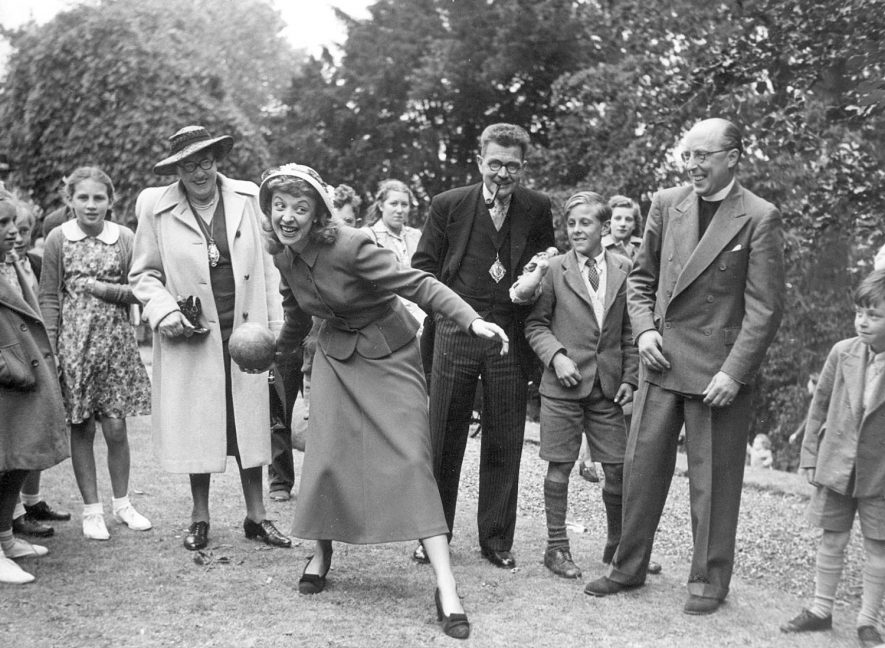Every Anglophilic fan of Miss Marple knows about the church jumble sale phenomenon. To raise funds for the parish, a church may collect donated used goods and sell them as a special event. One might ask why this communal yard sale flourished in England. And the answer seems to be that this cultural commonplace came about because of urbanization and industrialization. Cities had larger consumer pools. Industrialization spawned piles of castoff manufactured goods. More importantly, what preceded jumble sales in history, and what does it have to do with Easter?
The Church Ale

In early modern (1450-1750) England, it was not unusual for a local congregation to hold a “Church Ale” on Easter Sunday. Preparation for this event took about a week. Proud l
When a good beer is available at a certain place, everybody runs there without delay, knowing that the supply will not last long. This commodity is not to be had every day; therefore, people get it while it is to be had. If it could be obtained for a long period of time, our appetite would become surfeited, and the beer would not be prized. (Luther, Works, Vol. 23, p. 262).
Church Ales managed to survive the English Reformation. They faded into oblivion with the industrial revolution when tavern-goers left brewing to specialists who supplied busy city-dwellers. Because we tend to see the Protestant church’s social behavior through the filter of eighteenth-century Pietism, this is surprising. Later in America, through the influence of pietistic Methodists and Baptists, teetotaling became the mark of the Christian.
Church Ales. Could it be that the time has come to bring back this old idea? This is only a pondering. You didn’t hear me suggest it.
Of ale, taxes, and the gospel.
Two final notes. First, a loyal subject of the monarch (who was the Supreme Head of the Church of England) would prefer ale. The hopelessly xenophobic Renaissance hobbits considered beer to be a suspicious foreign concoction. The inclusion of (Egad!) hops sullied beer’s reputation. They considered hops a “wicked and pernicious weed” (Unger, Beer, (2004), p. 100) even though their Protestant counterparts in Germany preferred beer because the pope did not tax hops. They could drink their fill without supporting the Roman church! Second: Luther’s quote above illustrates the preaching of the gospel. He says the gospel of grace is a limited-time offer (like the excellent beer). We should not become complacent, thinking it will always be available!


